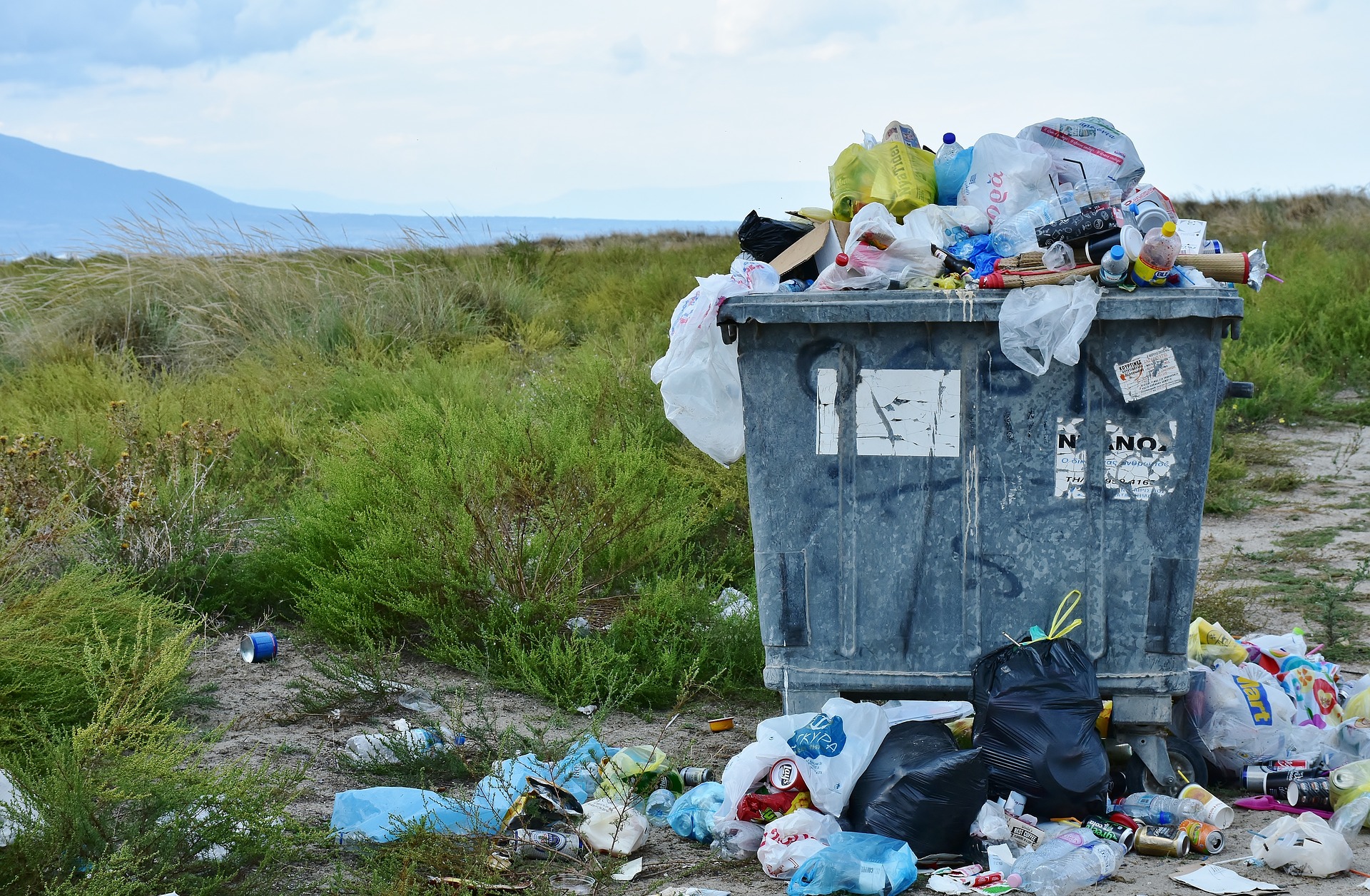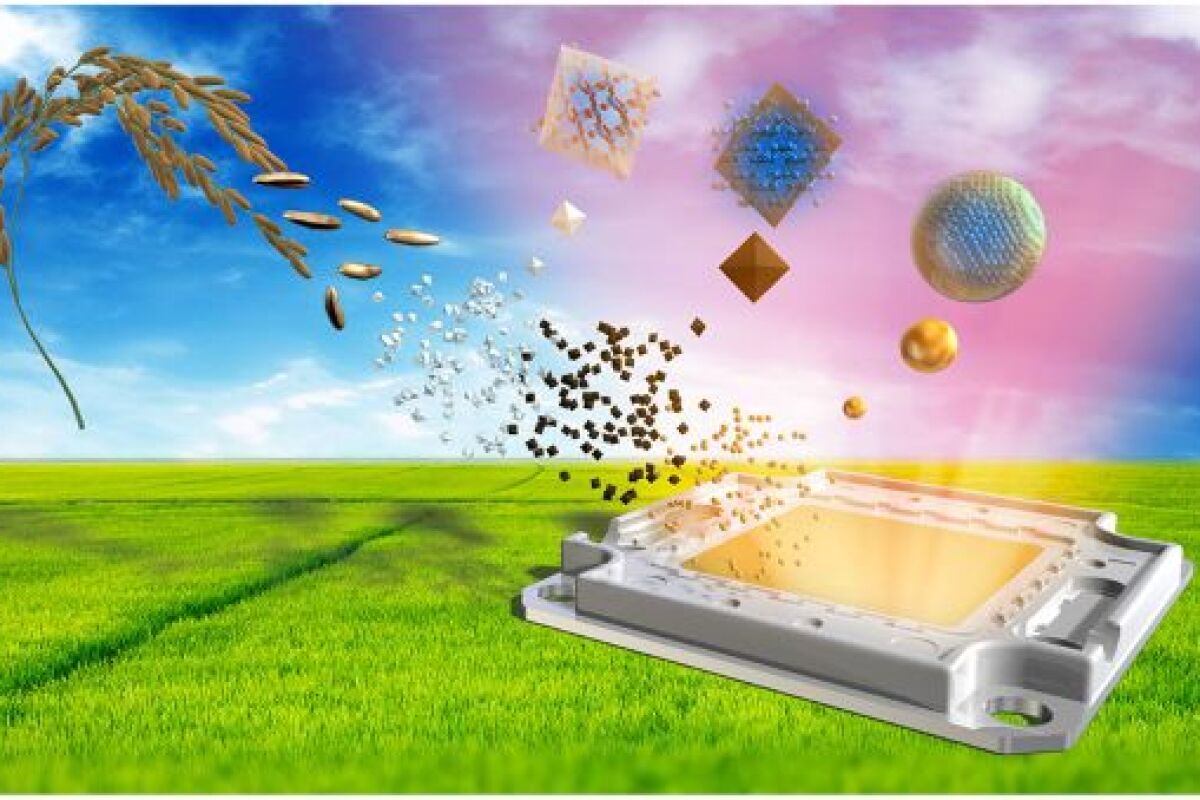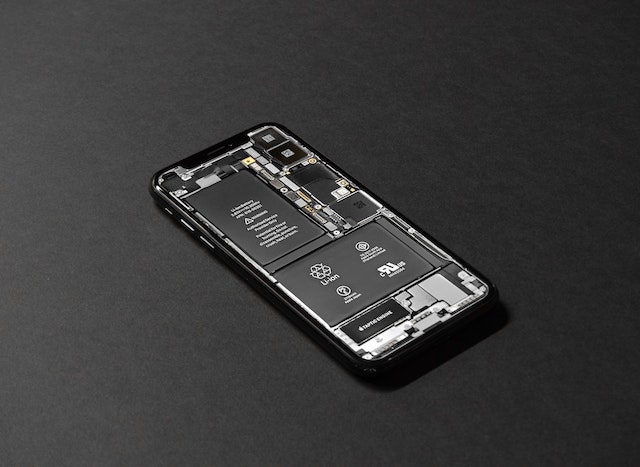The accumulation of plastics and micro-plastic particles on all corners of the planet is an intensifying problem that we have found no way to deal with yet.
Simply put, the main issue is that there are no organisms interested in eating plastics, or even capable of digesting it to turn it into chemical energy.
A team of researchers from Toulouse, France, have tried to fill this gap by engineering an enzyme that can break down plastic to the point that we can call it “raw material”, so we could at least use it to produce new plastic items. This way, used plastic bottles, for example, could be recycled instead of adding themselves to the pile of 200 tons that end up in landfills and the natural environment.
The researchers have synthesized an artificial PET hydrolase that can achieve 90% PET depolymerization in ten hours, with a productivity rate of 16.7 grams of terephthalate per liter per hour. The team has achieved the above figures by using an enzyme concentration of 3 milligrams per gram of PET, so they are confident that they have the most efficient artificial PET breaker of this kind in their hands.
As for the cost of this process, it would cost about $25 to make a kilo of the enzyme, which would then help you depolymerize about 333 kg of PET and end up having $625 worth of raw material.
The reason why the team is making economical considerations is that making PET is a process involving thermo-mechanical methods that are already very inexpensive. Especially now that the price of oil has dropped significantly, competing with petrochemical-based production is even harder. However, the actual tests that used raw material made by the enzyme demonstrated that the new plastics had managed to retain 95% of the original tensile strength, looked 90% similar to brand new PET, and generally had a convincing semblance.






